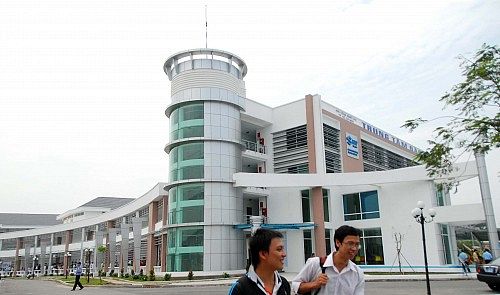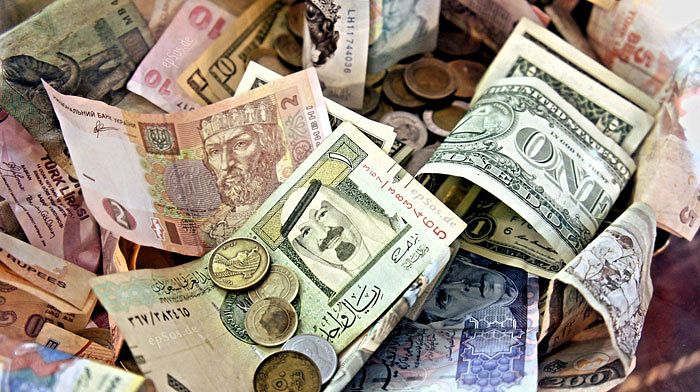Approximately 66,000 Vietnamese Facebook, Gmail and Yahoo accounts have been stolen in a newly discovered cyber heist, experts recently revealed.
The Hanoi-based information security company VCCorp has uncovered a hacking scheme that may have put thousands of Vietnamese internet users at risk, Thanh Nien reports.
The hackers reportedly devised a malicious script that masqueraded as an extension of Internet Download Manager - a popular application among Vietnamese - on Google Chrome and the locally developed browser Coc Coc to infiltrate computers.
VCCorp estimates that the hackers have gained access to 55,000 Facebook accounts, 6,000 Gmail accounts, 5,000 Yahoo accounts and over five million cookies on popular websites including PayPal. The list of victims also includes the email accounts of employees of Vietnamese banks such as Vietcombank, VietinBank, BIDV and OCB.
“Many internet users in Vietnam store the log-in details of their email accounts directly on Google Chrome, which may reveal important information concerning their banking accounts and insurance…so the consequences may be dire once the account is possessed,” Le Nguyen Khang, head of VCCorp's information security team, told Thanh Nien in Vietnamese. Several banks have also contacted the firm to obtain the list of stolen emails to quickly remedy the situation.
Hacking scripts are currently a common attack strategy among hackers, according to Vo Van Khang, vice president of the Vietnam Information Security Association's Southern Branch.
"This will be a useful wake-up call for many. Individuals, especially those who do not specialize in information technology and security, must exercise more caution [when surfing the internet]," Khang said to the news source in Vietnamese. "Users should install anti-virus programs on their computers and devices to quickly detect any strange sign. Or, they should also be wary of strange software or applications with unclear origin to avoid infection."
A 2015 report from the IT security firm ESET ranked Vietnamese netizens as the lowest in terms of cyber-awareness compared to other surveyed countries in the Asia-Pacific region. Only 32% take measures to protect their online activities, while over 68% of users between the ages of 18 and 24 engage in careless surfing habits.
While Vietnam did not sustain heavy damage from the WannaCry ransomware attack earlier this year, experts assessed that the country’s IT infrastructure could have exposed at least 52% of its computers to the hackers.
[Photo via Tuoi Tre]














